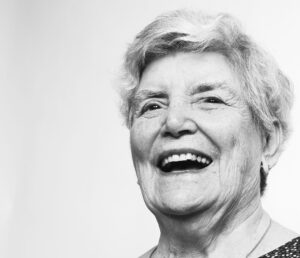Mar 7, 2022

GLP’s founder, Jane Vella shares a new reflection on how the COVID quiet has given her the gift of time; read Do Less More, Now on The Founder page.
Check out Episode 302 of our podcast – Building Equity through Restorative Approaches with Troi Bechet explores how creativity, innovation, and a vision of peace at the center, restorative circles and learning-centered approaches have much in common.
Check out these 1-minute clips and then catch the full episode on the link above!
Emotions Help Make Better Decisions



